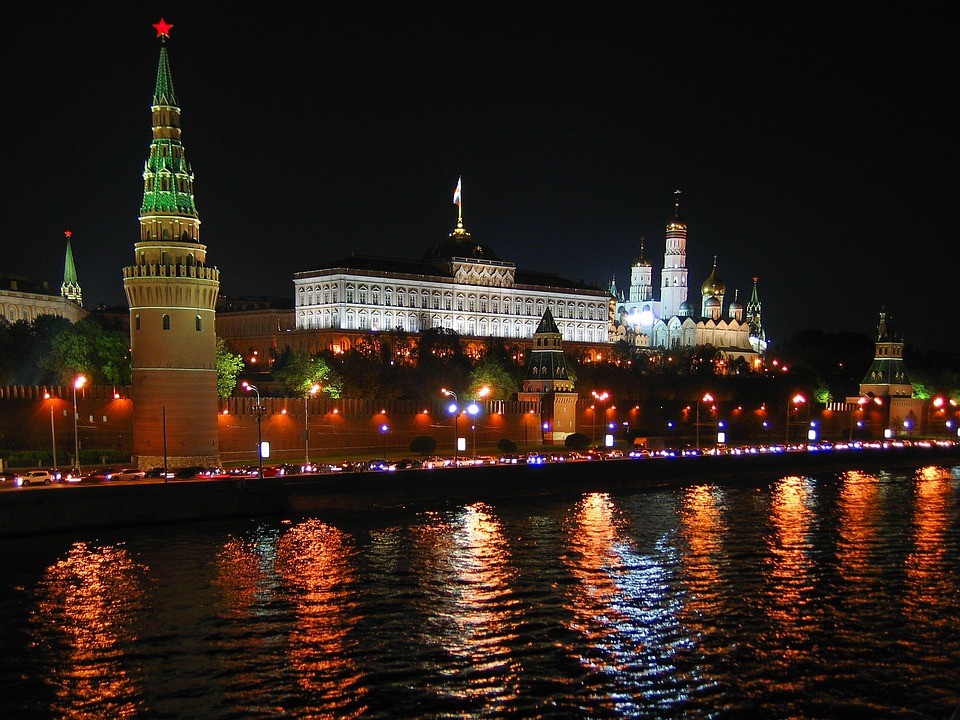Several developments occurred in Russia recently that provide a glimpse into the state of Putin’s mind and the chaos present in leadership circles in Moscow. There are clear indications of diminished strength within the Russian military machine that are impacting the potential outcome of the war in Ukraine. Moscow announced this week it is holding a long-planned referendum on the occupied Ukrainian territories. The sham referendum is intended to secure these areas as Russian territory. Taken together these and other events create a picture of indecision, disarray, and confusion inside the Kremlin. Perhaps most disconcerting, however, is Putin’s announcement in a major speech this week that he is putting the use of nuclear weapons in Ukraine on the table.
Increased recruiting suggests the Russian army’s ability to conduct war in Ukraine is waning although Moscow does not publish the number of casualties, wounded, or those simply exhausted from seven months of fighting on the battlefield. This follows a weeks-long quiet mobilization as the army desperately seeks recruits to replace those fallen or wounded in a war going badly for Russia. Is Putin erratically responding to his weakened state by making threats he has no intention of carrying out? That is one question military analysts are asking this week in western capitals across Europe and in Washington.
Ukraine shocked observers with its fast recapture of several thousand square miles of its sovereign territory. Russian soldiers, often in civilian clothing, fled so quickly that many dropped their weapons, left behind tanks, and discarded other military equipment. Desertion is an increasing problem. On September 13, legal changes in Russian law made “voluntary surrender” a crime punishable by up to 10 years in prison.
Foreign leaders once favorable toward Putin and supportive of his “special military action” in Ukraine are distancing themselves from Russia fearing the imposition of economic sanctions. Now that Putin is vulnerable, and victory uncertain, some are putting distance between their regime and Russia. At last week’s Summit in Uzbekistan reports came in saying that Indian Prime Minister Modi and Chinese President Xi both expressed “concerns” and that Turkish President Erdogan openly urged Putin to end the conflict, saying “The lands which were invaded will be returned to Ukraine.”
Anne Applebaum, writing in The Atlantic, says that Putin’s action are “not those of a secure leader assured of his legitimacy and the outcome of this war.” She attributes the crisis inside Russia to Putin’s fear that he will lose his remaining international support. Autocratic leaders were once firmly in Moscow’s camp when it was the world’s 2nd largest military and Putin’s hold on power appeared secure for the rest of his life. Today his trading partners are quietly receding unlike Putin’s adversaries at home. Many in Russia who oppose the war are actively expressing themselves on social media and blogging about what is wrong with Putin’s leadership. Putin is known to be paranoid about his safety and anything he perceives as threatening his power. That few of his critics on social media have suffered is an indication that Putin is losing the support of high-level government officials.
The sham referendum and Putin’s nuclear threats are intended to create fear and reverse the course of the war in Russia’s favor. Analysts doubt that it will work. That leaves open the question of how extreme Putin will act in the coming weeks. One former US military analyst who is an expert on Putin says that he has stated on a number of occasion that he will fight to the death like a cornered snake willing to strike out despite its inevitable demise. What will Putin do if faced with the loss of power, prestige, and potentially the integrity of the Russian state. Joshua Keating, a global security reporter, says we are about to find out. He says the war in Ukraine is unprecedented as it poses a nuclear state against a non-nuclear one with the nuclear-armed military potentially losing. Putin has framed the conflict as a life-or-death struggle against the democratic West. On Tuesday, he reminded the world that he was “not bluffing.” One analyst asked the question: “Would Putin be capable of permitting his military to be defeated without using every available weapon he has at his disposal?” If Putin can convince the leadership in Moscow that the West is attempting to destroy Russia, the war may be far from over. To date no one is willing to call Putin’s bluff or say if those in power in Moscow will support Putin in a nuclear response that has the potential to kill Russians inside the country and contaminate the land.
Daria Novak served in the U.S. State Dept.
Photo: Pixabay
